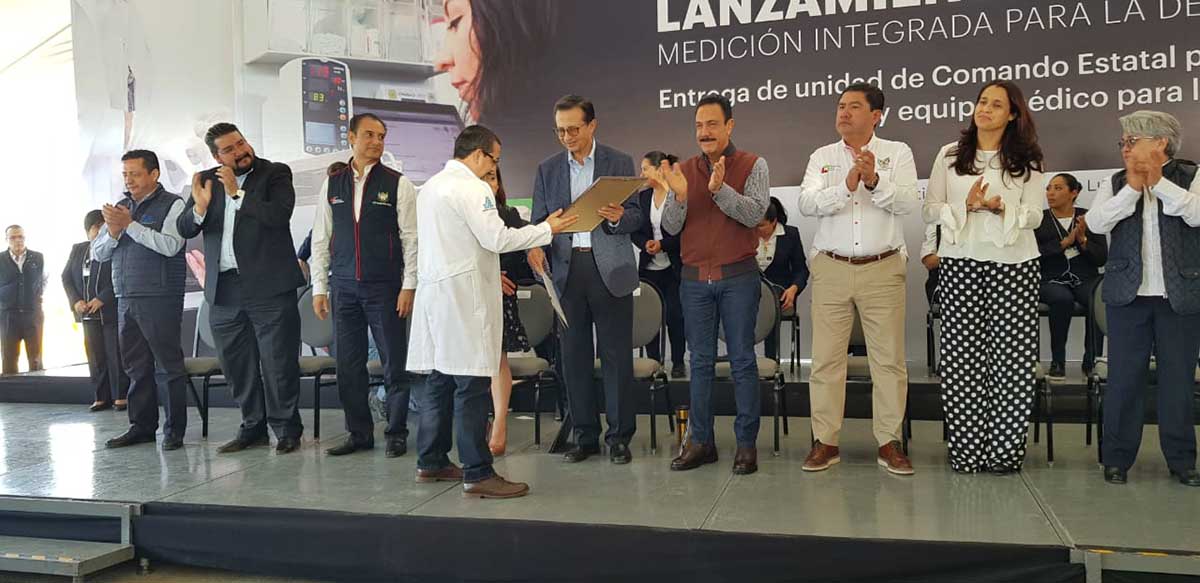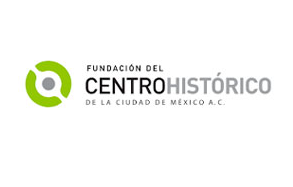MIDO strategy of Carlos Slim Foundation to be implemented in all health centers of the State of Hidalgo
In the state of Hidalgo, thanks to the Integrated Measurement for Timely Detection (MIDO) strategy, 54,990 people have been diagnosed with a chronic disease such as diabetes, hypertension, obesity or dyslipidemia.
The MIDO strategy of the Carlos Slim Foundation has become a catalyst to ensure the continuity of health care from the first contact between health professionals and people.
Carlos Slim Foundation and the State of Hidalgo announced the expansion of MIDO to all the health centers of the state to prevent or detect chronic diseases in people.
The General Director of Carlos Slim Foundation, Roberto Tapia-Conyer, said the Foundation’s participation in this Public Health policy of the State of Hidalgo is aimed at contributing to the benefit and welfare of the population.
The governor of Hidalgo, Omar Fayad, highlighted the research work behind the MIDO strategy for the benefit of people: “Fight the chronic diseases that affect our population requires strategies, where we all participate to address these illness that have become the great scourges of modern societies.”

Through MIDO, health authorities will have the capacity to know and identify the health risks faced by the population and plan prevention programs that positively impact the health of the most vulnerable populations.
Currently, MIDO is working in 16 health centers; and on a second phase of implementation, it will be added in the short term to 34 more units. In this way, the entire state will be gradually covered.
Likewise, the implantation of the MIDO Pregnancy strategy (to timely detect any complication) in the state of Hidalgo was announced. This strategy covers the following complications:
- Gestational diabetes
- Preeclampsia
- Excessive weight gain
- Urinary infections
- VIH and Syphilis dual test to all pregnant to ensure that there are no newborns infected with these diseases.
The MIDO strategy is one of the main solutions of the CASALUD model, which seeks to improve the health care provided in first contact centers with emphasis on preventing chronic diseases such as obesity, diabetes and hypertension.









